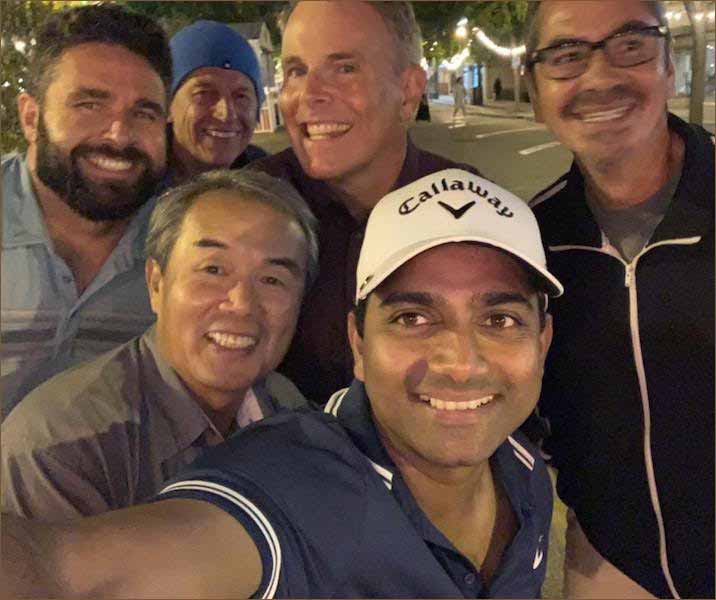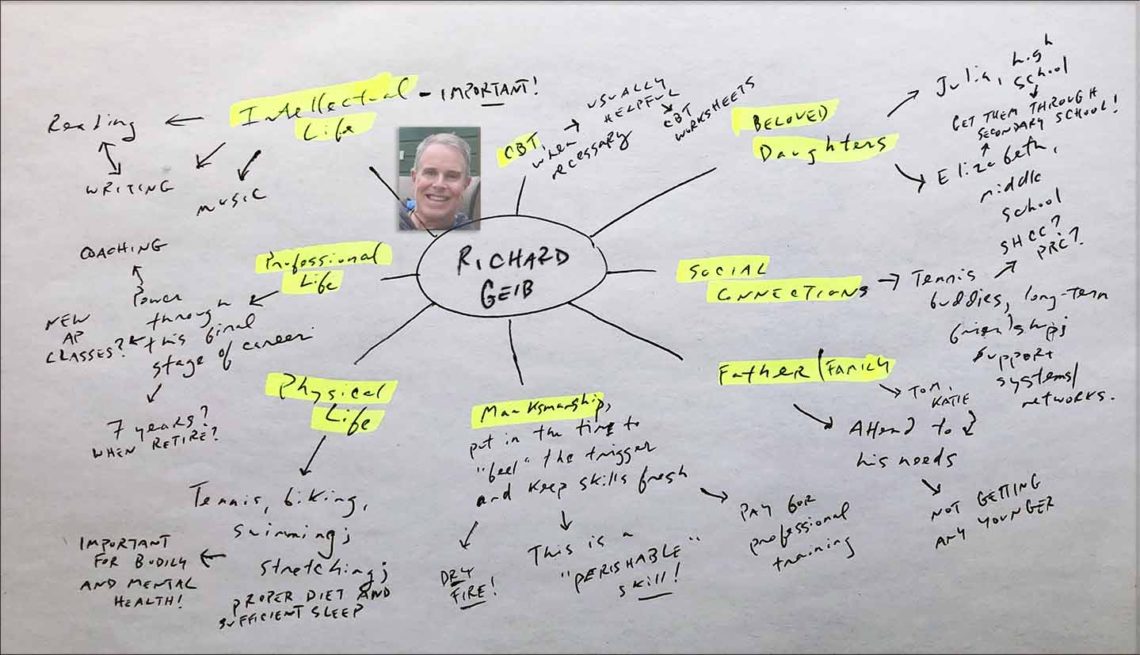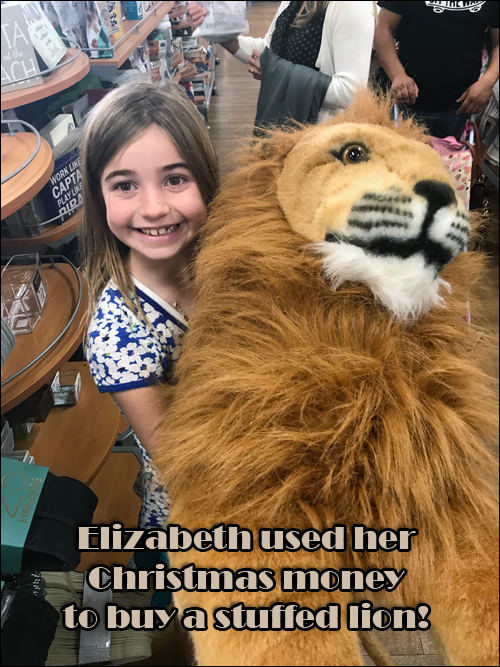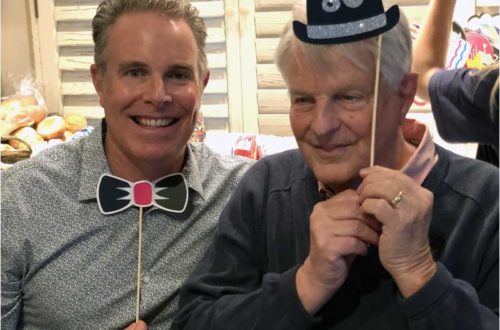“That which does not kill you makes you stronger.”
I never liked the above quote by Frederick Nietizsche. More accurately I suspected a conflict which almost kills you leaves you traumatized. It scars and leaves you less than you were. Instead of being strong and active, you are passive and vulnerable. I preferred the Chinese saying, “When two tigers clash, one is killed and the other is maimed.” Social science has recently documented how “adverse childhood events” can leave lasting psychological wounds which can stay with one for life. The tender inner lives we lead can take only so much brutalizing.
Yet the opposite is true, too. Adversity and suffering comes almost to everybody at some time, and if we can face it and rise above it we can experience what social science refers to as “post-traumatic growth.” One can come away from trauma stronger than before.
Of course this depends upon the internal fortitude of the individual, as well as the amount of trauma one experiences and the social support one enjoys. Take, for example, a young soldier who endures “moral injury” via intense combat experience in wartime. One young man might have little religious faith and a weak family and social support system in his personal life. That person might struggle. In contrast, another soldier might be firm in his faith and enjoy strong family and community support, and he might escape relatively unscated by his wartime trauma. It all depends. The temper and resilience of the individual, the amount and nature of the trauma experienced, the depth and richness of one’s family and faith matrix — these all matter.
The past sixteen months in this pandemic has challenged many Americans, and others worldwide. Disease and death, lockdowns and unemployment, quarantine and isolation — a vast disruption of social life and opportunities to engage by almost everyone. “The world was turned upside” is perhaps hyperbole for the Coronavirus Outbreak of 2020, but not by much. Everyone involved will be dealing with the ramifications for years.
It was no different with me. But having so much taken away from me also provided an opportunity to scrutinize how I live my life. The pandemic tore me down and stripped away the inessential. What is important? What is not? “Leave alone the inessential, and hold true to the essential, Richard,” I could hear an inner voice advising me. This difficult time could leave me stronger than I was at its beginning. That which did not kill me could indeed make me stronger, as Nietzsche promised. But only if I were willing to dig deeply, reexamine everything, and understand myself more clearly. It would be painful. But change — and growth — always has an element of pain (and even agony?) to it.
Even before the pandemic, I knew what was important to me. But I want to take this opportunity to identify exactly that around which I will organize my life around going forward. Who are you, Richard? What are you about? You only have so much time and energy, so what should you dedicate your time and energy to. “Soon enough you will be dead and buried, like everyone else before you. Use your time; don’t waste it,” my inner voice reminds me.
And so in these paragraphs I will seek to write down what is happening, because the act of doing so clarifies my thinking. As I often tell my students, “You don’t really know what you’re thinking until you’ve taken the time and effort to write it down.” The discipline of taking vague, inchorenet feelings or impressions and crafting them into concrete, intelligible prose crystalizes your thoughts and helps to make them real and actionable. You have to take the semi-formed thoughts in your mind and convert them into clear words on paper. This is rarely easy. Often it is agonizing. But if you can‘t explain yourself to others using human language, how well do you really know yourself? If you are a stranger to yourself, how well are you situated to move forward? To benefit from any “post-traumatic growth” one might earn when adversity arrives in our lives? For adversity and suffering comes to all of us, sooner or later. How will you deal with it?
Will you be a better and stronger person because of adversity? Or the opposite? Will you be like Neitzsche’s triumphant survivor? Or the maimed tiger after a life-and-death fight from that Chinese adage? A mix of both?
It is easy enough to make money or create a statue or garden. It is a harder and more subtle task to take the days, months, and years which equal your lifespan and shape them into a well-ordered and purposeful life of contentment. This, above all things, I would seek to do, if at all possible.
So, Richard, what is most important to you? As this pandemic seems to be ending, what are your organizing principles moving forward? If you ever grow confused or lost, what can you refer back to as the “True North Star” of your core convictions? In the crucible which is this time of crisis for you, what makes you tick? What life choices bring health and happiness?
Well, here it is:
⁃ Grow your soul through art and knowledge.
Always continue learning wherever your curiosity takes you; and reflect on that learning via the written word. Use classical music as an artistic tonic and a spiritual restorative, as well as an intellectual pursuit. You have been doing this for over fifty years. Continue doing so. This is who you are.
⁃ Exercise and exertion: sweat and struggle.
And stretching and recovery. Earn your appetite and good night’s rest. Eat healthy and sleep well after a full day of meaningful labor. Burn off the crazy. Everyday. You’ve been doing it successfully your whole life. Keep it up. You know how.
⁃ Social connection: nurture your usual tennis buddies, long-term friendships, and any other support networks.
Do not become another one of those middle-aged guys who become isolated and solitary. The happiness you experience in your life comes much more from your social relationships and sense of gratitude than from money, “success,” or any other external factors. Invest in friendship and the social support it provides. You may be an introvert, but balance your alone time with the solid friendships you need as much as anyone else.
⁃ Daughters, and their needs.
Julia is in tennis and Elizabeth is in soccer: sixth and ninth grade in new schools, middle and high school. You have seven more years until retirement. Get your girls successfully through secondary school, Richard, and yourself through this final stage of your career. Then a new era in your life will reveal itself.
Get rid of media streaming services in your house which your daughters abuse during quarantine, but let them have three movie rentals per month over iTunes. They will be more intentional about media choices while spending less time staring at screens. This is a win-win outcome.
⁃ Keep up firearms skills and give necessary time and attention to that skillset.
Marksmanship, like most other skills, is a perishable skill. Don’t let it languish. Practice, learn, grow, and flourish! Like you do with your passion-project of tennis, take it seriously over the long-term, obsess on the fundamentals, and put in the “hard yards” to really know what you are doing. There are no short-cuts. Put in the work, as much as you can afford it. Expertise accrues over years and decades. Don’t be a dabbler. Anything worth doing is worth doing well.
⁃ Attend to father’s needs, and other family concerns.
“Honor thy mother and father.”

“Do not become another one of those middle-aged guys who become isolated and solitary.”





